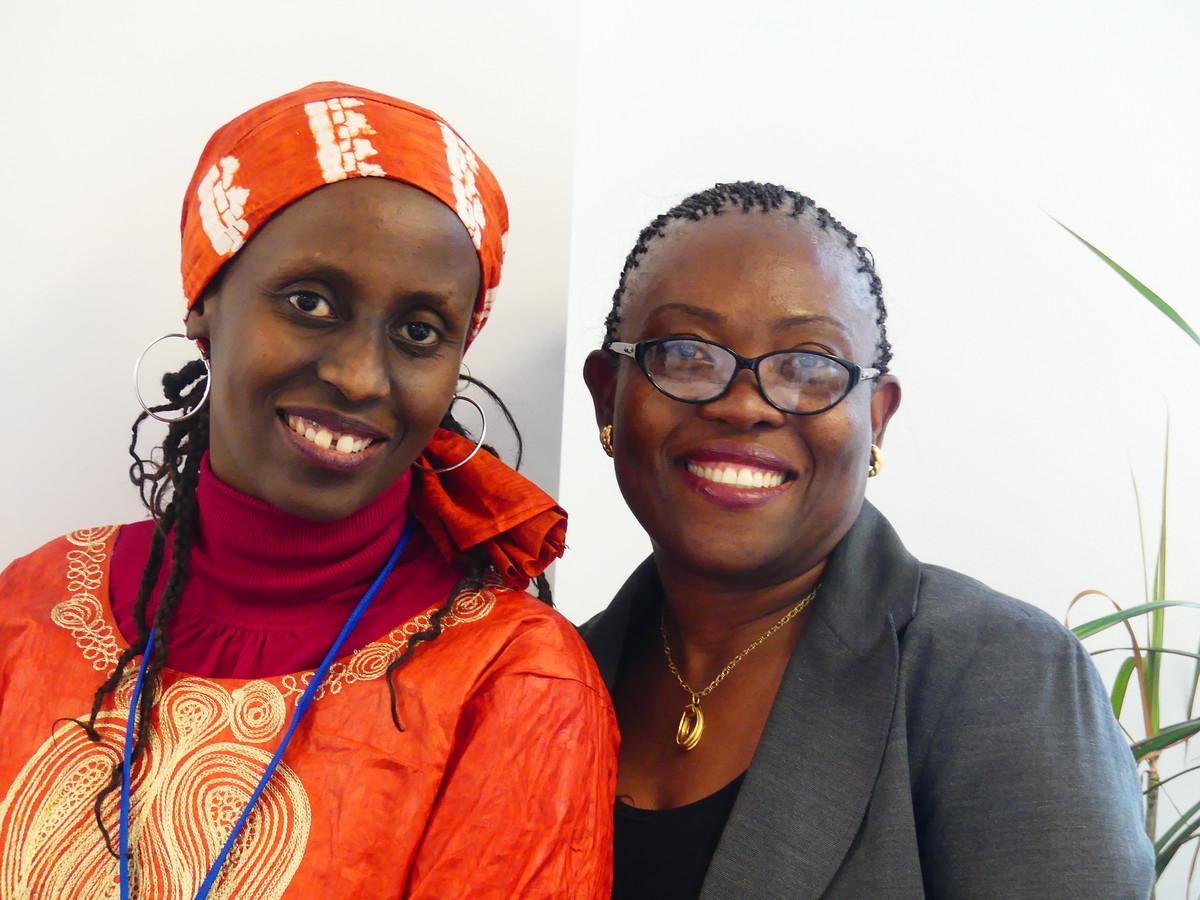Event reports
During the 62nd session of the UN Commission on the Status of Women KAS New York welcomed grassroots women leaders from Africa and other interested experts to discuss the status, challenges and opportunities for women and girls living in rural areas.
Women and girls living in rural areas are increasingly positioning themselves as leaders within the peacebuilding and post-conflict reconstruction process but continue to face persistent structural constraints. It is well known that women and girls are vital in supporting their households and surroundings to achieve food and nutrition security by generating income and thriving to improve rural livelihoods as well as the overall development of their communities. Women and girls living in rural areas not only contribute to agriculture and rural enterprises but fuel local and global economies. According to the World Bank women make up approx. 50% of the agricultural work force in developing countries, but their production is limited by hurdles to finance, services and land rights. Additionally, women in the agriculture sector often find themselves working in secluded environments which puts them at an increased risk of rape, kidnapping and other violent crimes.
When discussing the experiences, challenges and opportunities for women living in rural conflict-affected settings, the experts pointed out that the burden on women in the Great Lakes Region (GLR) is especially heavy. It was agreed upon, that the East African Community (EAC) and African Union (AU) should play a greater role in addressing freedom of association and speech for women as well as sexual- and gender based violence in the GLR. Participants noted with concern that the civic space for women is shrinking and that impunity for violent crimes against women is pervasive throughout the GLR. Some experts called on the international community to apply diplomatic pressure on rulers who don't respect the rule of law and to support ICC investigations in Africa by aiding in the secure documentation of crimes. Participants agreed that justice pursued in due process, access to education, freedom of association and speech as well as access to social services is fundamental for the livelihoods of women and girls living in rural areas.
Women are emerging as crucial players in the SDG implementation process as well as in peacebuilding and post-conflict reconstruction. However, rural women and girls continue to face persistent structural constraints that prevent them from fully enjoying their human rights and hamper their efforts to improve their lives and uplift their communities.
Experts concluded that women and girls living in rural areas must be empowered through education, trainings, and investments and that women's voices need to be amplified in order to include their opinions and viewpoints into the global conversation on peace and development.



